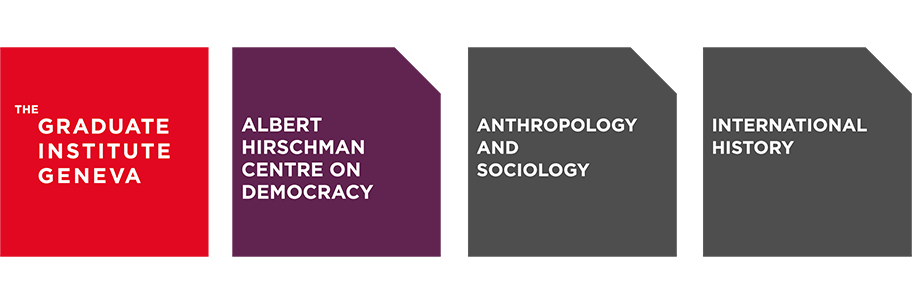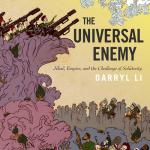We are sorry to announce that the event is cancelled following the Graduate decision in the context of COVID19.
We apologise for the inconvenience and thank you for your understanding.
No contemporary figure is more demonized than the Islamist foreign fighter who wages jihad around the world. Spreading violence, disregarding national borders, and rejecting secular norms, so-called jihadists seem opposed to universalism itself. In a radical departure from conventional wisdom on the topic, Darryl Li argues that transnational jihadists are engaged in their own form of universalism: these fighters struggle to realize an Islamist vision directed at all of humanity, transcending racial and cultural difference.
This talk will explore the parallels and overlaps between transnational jihads and other universalisms such as the War on Terror, United Nations peacekeeping, and socialist Non-Alignment. Revisiting a pivotal moment after the Cold War when ethnic cleansing in the Balkans dominated global headlines, it will ask whether jihad can be reconceptualized as armed transnational solidarity under conditions of American empire.
Speaker: Darryl Li, Assistant Professor of Anthropology and Social Sciences, University of Chicago
Discussant: Mohammad-Mahmoud Ould Mohamedou, Professor of International History and Chair of the International History Department, Graduate Institute Geneva
Moderator: Patricia Spyer, Professor of Anthropology and Sociology and Chair of the Department of Anthropology and Sociology, Graduate Institute Geneva
This event is part of the ANSO Tuesday seminar and is organised in collaboration by the Department of Anthropology and Sociology, the Department of International History and the Albert Hirschman Centre on Democracy
You are cordially invited to a networking aperitif from 18:00 to 18:30.

Darryl Li (PhD, Harvard University, 2012) is an anthropologist and attorney working at the intersection of war, law, migration, empire, and race with a focus on transregional linkages between the Middle East, South Asia, and the Balkans. Li has participated in litigation arising from the "War on Terror" as party counsel, amicus, or expert witness, including in Guantánamo habeas, Alien Tort, material support, denaturalization, immigration detention, and asylum proceedings. His new book The Universal Enemy (Stanford University Press, 2019) draws on ethnographic and archival research conducted in Bosnia and a half-dozen other countries.




